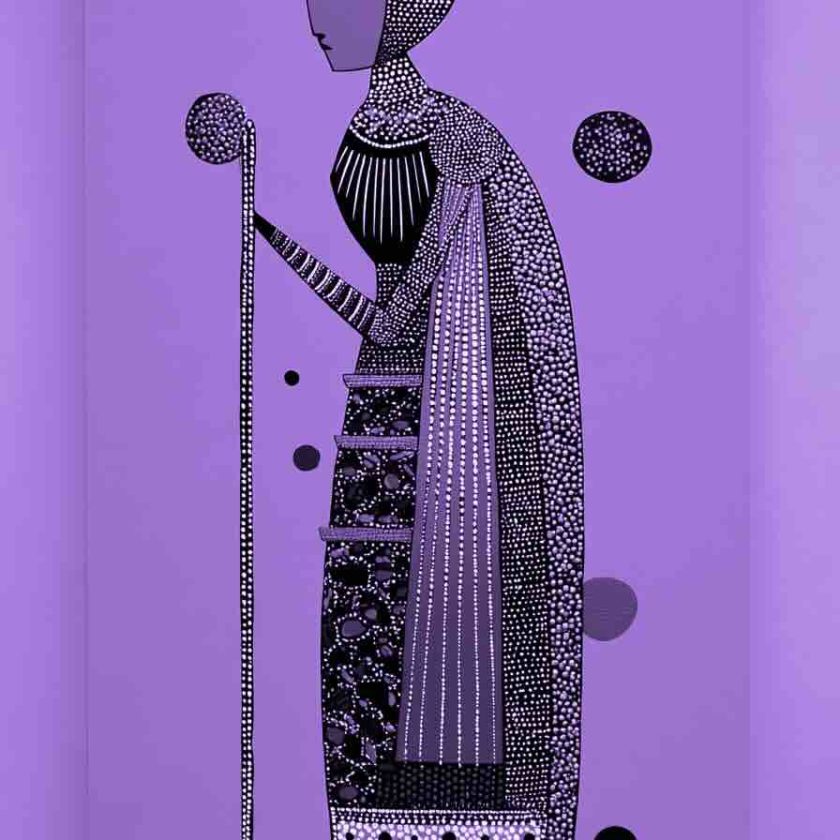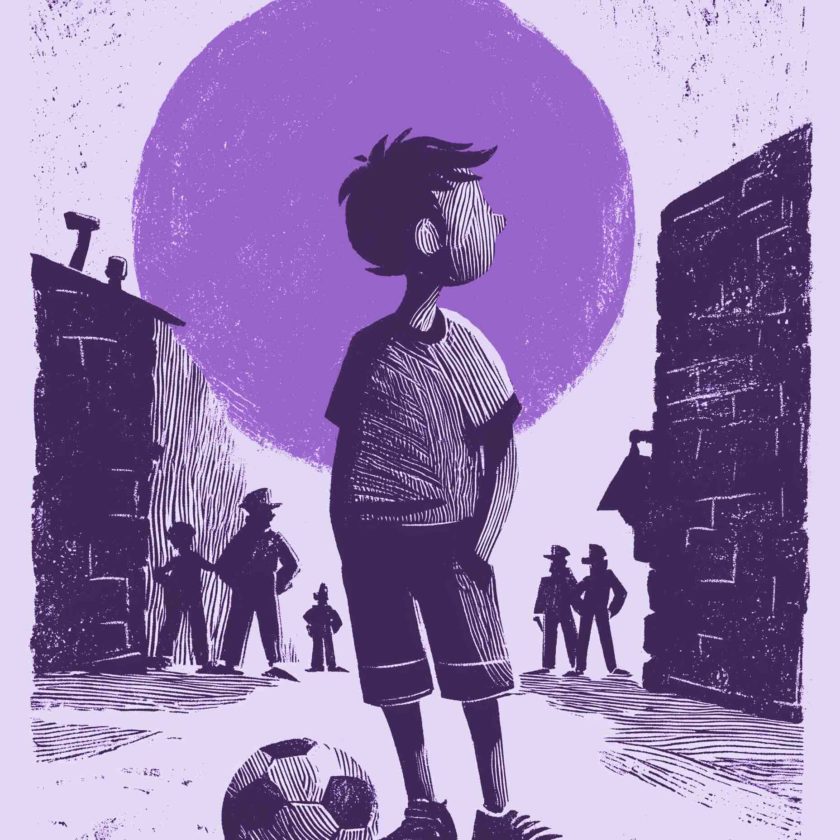It seems that there are several stages of development. When we are children, we try to inculcate values, this is the work of parents and school in part. When we grow up, this learning seems to focus only on the acquisition of skills, we come to forget the need to continue to educate ourselves morally.
Moral education has long been a monopoly of the churches. Nowadays, secular societies leave it to the goodwill of each individual to educate himself in this area. The result is that if people are not pro-active in their moral education, they are very likely to turn away from the path of morality. A garden does not take care of itself; it takes the strong will of the gardener to pull out the weeds. Morality acts in the same way, we must constantly be vigilant to the nobility of our heart otherwise we will act unworthily or unjustly.
How can we educate our heart in the present era?
There are several ways. If you are not religious, there is always philosophy that can help you in this area. As human beings, we have an intuitive sense of what is right and wrong. This is especially true at a young age. This intuition can manifest itself in many ways, the feeling of shame when doing something wrong is a good example. The older we get, the more likely we are to become intoxicated by harmful and immoral ideas if we are not vigilant. As such, there are many aspects of modern society that legitimize immoral or at least imperfect conduct.
Finding friends who are on the right track
When pursuing a project, it is always better to be accompanied, supported and ultimately pulled up. The same is true for practicing ethics. It is easier to be virtuous if you are surrounded by people who follow the same path. This is why it is necessary to distance yourself from people who are close to you and who do not have the same moral objectives. They will sooner or later contaminate you if you let them interfere in your life.
Do not overestimate your virtue
We are often better at observing the faults of others. This attitude postulates a sense of superiority and even exemption from blame that we can make ourselves. If you start looking for the faults of others, you are actually on the wrong track. Don’t try to change others. Be forgiving of others and tough on yourself. Of course, if it’s close friends or a spouse, you owe it to yourself to communicate because these relationships have a big impact on your life. You can’t ignore a life partner’s shortcomings if you feel it’s getting in the way of your relationship.
Keep your ability to change (habit etc.)
If you have a flexible and open mind, you can continue to learn and improve. Be careful not to give in to a form of dogmatism or rigidity that can be a narrow view of virtue.
Keep the stake as an image in mind
A human being is like a tree, it needs a stake to grow straight. After a while, we think that we don’t need a tutor anymore, it’s legitimate, but we also forget that we keep growing. Someone has to come and prune the branches of the tree that are growing the wrong way. It is the same for the human being, he needs to be put back on the right track, even if it is not pleasant to hear. We must accept criticism with humility and resolution at the risk of stopping learning.
The path of virtue and the path of interest are rarely the same
Many of our decisions are motivated by interest. When we think of a career we embrace, a profession we choose, we do so because it gives us both material security and social status in some cases. It is the same for many decisions that we make on a daily basis. We most often seek pleasure or interest and avoid pain. Always doing so rarely guarantees an honorable life. To live a dignified life, it is often necessary to do things that do not offer us immediate gratification.
Everything has a price
Every great thing has a price. Nothing truly great is built without some kind of trade-off or sacrifice. In order to achieve a lofty goal, one must grit their teeth and put aside the desire to have a balanced life at all times. A balanced life is built by a succession of periods where we were focused on a particular thing (see article). Each moment of life is linked to a domain: study, learning, friendship, work, love, transmission etc. You can’t have everything all the time. One must know how to be patient and endure moments polarized on one thing in order to appreciate the fruits of it afterwards.
Do not give in to easy pleasures
Boredom or the desire for immediate satisfaction lead us to wander the web in search of visual entertainment. These entertainments can take many forms and very often they can come down to contemplating the beauty of individuals, it is a visual pleasure among others. This widespread habit among men is not less harmful. It pushes us progressively in the concupiscence. Industrialized societies are the first to provoke and even insidiously encourage this behavior. Consumption is the foundation on which our economic model is based. All means are good to push us to buy. Women’s bodies are the first victims (and accomplices in a certain way). The absence of modesty in the public space, media, audiovisual and on the Internet makes it difficult to maintain our own modesty. It seems that everything is licit. Indirectly, we are told that certain moral barriers no longer exist. This is the trap.
Stop making your brain a victim of dopamine
There is only one way to experience lasting happiness. It is through joy. If you’re jumping from one simulation to another, whether you’re on your cell phone or snacking on sweets, you’re training your brain to be superficial. The most immediate pleasures are rarely the best. Instead, you need to rewire your brain to appreciate higher satisfactions. You need to live more in the joy that comes from great effort. Effort, whether physical, intellectual or spiritual, brings a certain amount of joy that is much deeper than the easy pleasures of everyday life.






